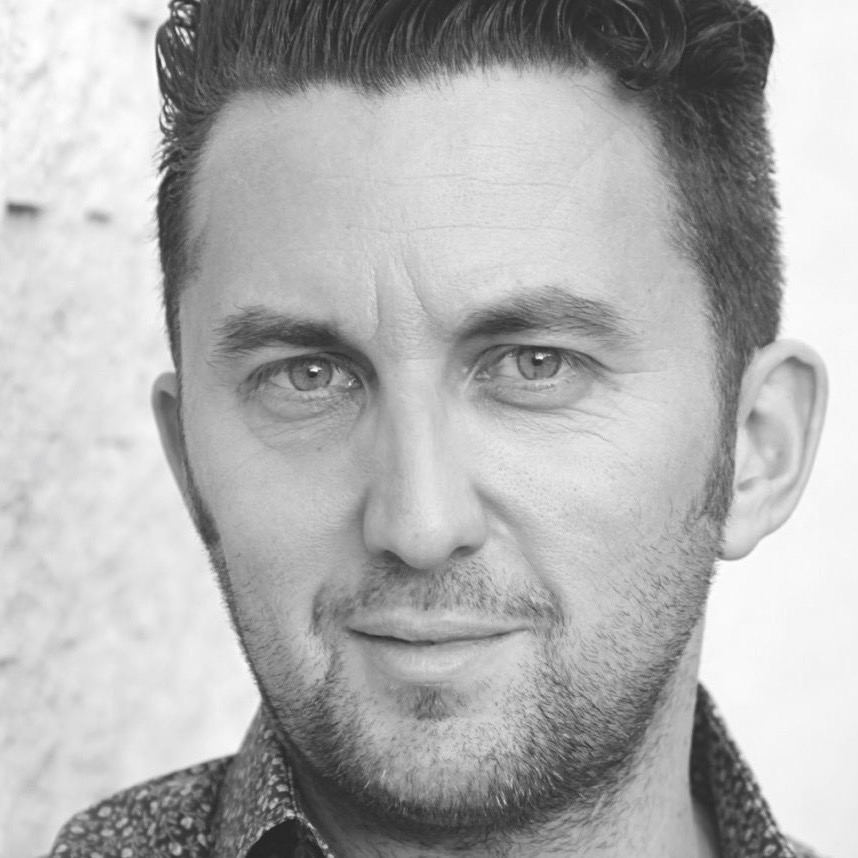Today’s world has no shortage of internal struggles. Challenges abound, from Europe and the Euro to Israel’s secular/religious Jew/Arab troubles. There are institutions like Penn State, whose internal denial and reluctant acceptance of scandal persists. American elite’s struggles with the estimated 99% of the total ‘occupiers’ who took a stand to occupy major cities across the country that are still holding fast, and US news stations are fascinated with the conjugal struggles of reality TV star Kim Kardashian. England hasn’t had major internal struggles since the Roundheads and Cavaliers, but the lower House of Parliament enjoys a daily verbal punch-up to keep life interesting..
When Isaac married Rebecca and during her pregnancy she discovered that the twin babies are ‘struggling’ or within her, she immediately asks; ‘why am I thus?’ (25:22). In other words, ‘why is this happening to me?’
We have all experienced the symbolic equivalent of two proverbial children fighting within our stomach. Sometimes it is two ideas we are wrestling with, two possible jobs to pursue, two courses of action or even which relationship to nurture and which to let go. Some people have strong decision-making muscles and others just freeze, unable to make the a much needed call for detachment and moving on as they are overwhelmed and paralyzed with fear.
Nachmanides (1194-1270) connected Rebecca’s struggle that of Job. In the midst of his depressive struggles, Job exclaimed ‘if only I would be as though I was not born!’ (Job 10:19).
This phrase is very not only appropriate, it is a timeless lesson for life. In a seemingly shameless world, our society promotes and embraces a taboo on discussing mental health. Although many people experience thoughts of suicide at some point in their lives, however fleeting, there is still much shame attached with discussing it overtly. Almost everyone is beset with the difficult existential questions at some point or other – why do I exist – and the aim of our meditation/yoga practice is to help us regain inner balance and joy that is our birthright.
The 15th-Century treatise _Hatha Yoga Pradipika_ explained that a state of yogic balance will be destroyed by six things: ‘overeating, overexertion, talking too much, performing needless austerities, socialising and restlessness’ (1:15). If we find ourselves experiencing inner struggle or turmoil and asking Rebecca’s question ‘Why am I here?’, we need to stop for a moment. We need to slow down, breathe, and introduce some quiet reflection to help retune the internal channel to which our personal remote control is directed.
Our meditation and yoga practice must lead us along the path of peace and bring us into alignment with our true purpose. Yoga means ‘oneness’ or ‘unity’ but we can also translate it as ‘clarity’ or even ‘existential clarity’! When we take control over the ‘channel’ we want to watch, see, and listen to in our lives, we have an opportunity to become still, start listening, and achieve clarity in our lives. We practice variations of Rebecca’s question during our meditations; ‘Why am I thus?’, ‘What is the point of my life?’ or ‘What is my purpose?’. Begin by occupying your body, mind and heart with these key questions, and the answers to life’s biggest challenges have a uncanny way of surfacing on their own.
Marcus J Freed is the creator of Bibliyoga (www.bibliyoga.com) and President of the Jewish Yoga Network (www.jewishyoganetwork.org)























 More news and opinions than at a Shabbat dinner, right in your inbox.
More news and opinions than at a Shabbat dinner, right in your inbox.